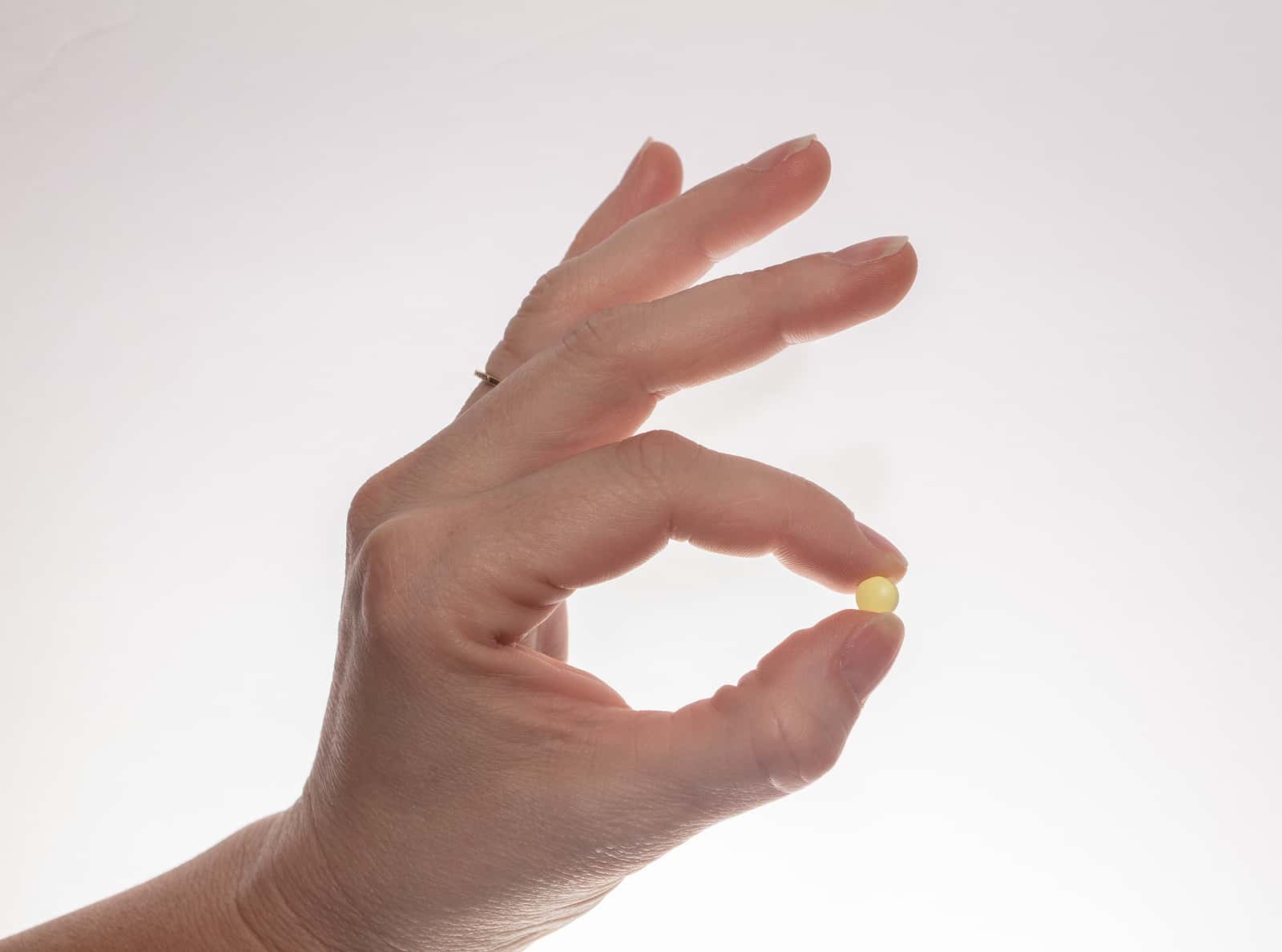
Blood clots can be useful if you cut yourself. That’s how the body stops the wound from bleeding. In many circumstances, however, blood clots are undesirable. Doctors prescribe expensive anticoagulants for blood clot prevention after surgery as well as for irregular heart rhythms. Could simple aspirin work almost as well in some situations? That is what one reader suggests.
Aspirin Instead of Lovenox for Blood Clot Prevention:
Q. Recently my wife had ‘revision’ hip surgery. The orthopedic surgeon prescribed a single 325 mg aspirin tablet a day.
In a previous episode, she was prescribed Lovenox, an injectable drug for blood clot prevention. The Lovenox cost $750, whereas the aspirin was just pocket change. Maybe doctors are starting to move away from high-cost drugs.
Aspirin vs Anticoagulants:
A. After joint replacement surgery, doctors often prescribe an anticoagulant for blood clot prevention. This post-surgical complication can be life threatening. Doctors may assume that the newer, fancier oral anticoagulants are better than a drug that has been around for more than a century. However, a study in JAMA Surgery (Jan. 2019) demonstrated that aspirin was comparable to far more expensive anticoagulants.
In addition, a new study in Orthopedic Surgery (Oct. 2019) compared aspirin to rivaroxaban (Xarelto) after hip fracture surgery. In this trial, the investigators administered enoxaparin (Lovenox) to everyone for five days after surgery. After that initial time, the volunteers took aspirin or Xarelto for an additional three weeks, according to their random assignment.
The surgeons concluded that
“Aspirin may be an effective, safe, convenient, and cheap alternative for extended prophylaxis after hip fracture surgery.”
Of course no one should independently substitute aspirin for a prescribed anticoagulant. That is a decision that needs to be make collaboratively with a physician. There are situations where one of the new anticoagulants is the best choice for clot prevention.
Citations
- Hood BR et al, "Association of aspirin with prevention of venous thromboembolism in patients after total knee arthroplasty compared with other anticoagulants: A noninferiority analysis." JAMA Surgery, Jan. 2019. doi:10.1001/jamasurg.2018.3858
- Huang Q et al, "Comparison of the efficacy and safety of aspirin and rivaroxaban following enoxaparin treatment for prevention of venous thromboembolism after hip fracture surgery." Orthopedic Surgery, Oct. 2019. DOI: 10.1111/os.12542

